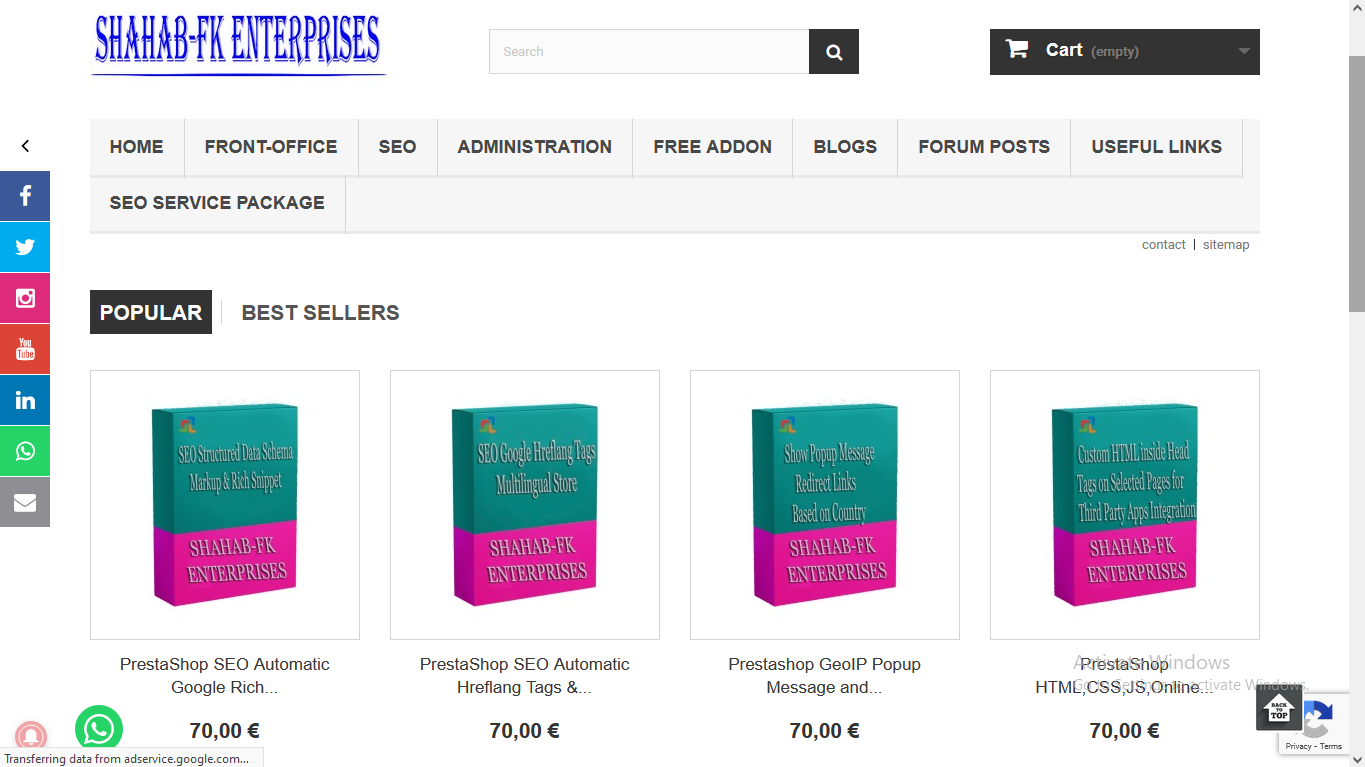Search Engine Optimization (SEO) is a critical component of online marketing and visibility. Here are some SEO tips to help you improve your website’s search engine rankings and drive more organic traffic:
- Keyword Research:
- Start by conducting thorough keyword research to identify the keywords and phrases your target audience is using to search for your products or services.
- Use tools like Google Keyword Planner, SEMrush, or Ahrefs to find relevant keywords with a good search volume and low competition.
- On-Page SEO:
- Optimize your website’s title tags, meta descriptions, and header tags (H1, H2, H3) with your target keywords.
- Ensure that your content is well-structured, easy to read, and provides value to your audience.
- Use keyword-rich, descriptive URLs.
- High-Quality Content:
- Create high-quality, informative, and engaging content that satisfies user intent and answers their questions.
- Regularly update and refresh your content to keep it relevant and up-to-date.
- Mobile Optimization:
- Ensure that your website is mobile-friendly and responsive. Google prioritizes mobile-friendly websites in its search results.
- Site Speed and Performance:
- Optimize your website for speed by compressing images, using browser caching, and minimizing code.
- Consider using Content Delivery Networks (CDNs) to improve page load times.
- Technical SEO:
- Ensure that your website is properly indexed by search engines.
- Fix broken links and 404 errors.
- Create an XML sitemap and submit it to search engines.
- User Experience (UX):
- Focus on providing a great user experience with clear navigation, easy-to-find information, and a clean design.
- Reduce bounce rates by improving the relevance of your content to user queries.
- Secure Website (HTTPS):
- Use HTTPS to secure your website. Google gives preference to secure sites in its rankings.
- Backlinks:
- Build high-quality backlinks from reputable websites in your industry.
- Avoid spammy link-building practices, as they can lead to penalties.
- Local SEO (if applicable):
- If you have a physical business location, optimize for local search by creating a Google My Business listing and encouraging customer reviews.
- Social Signals:
- Social media can indirectly impact your SEO. Share your content on social platforms to increase visibility and potential backlinks.
- Monitor and Analyze:
- Use tools like Google Analytics, Google Search Console, and SEO platforms to monitor your website’s performance.
- Analyze traffic, keyword rankings, and user behaviour to make data-driven decisions.
- Stay Updated:
- SEO is constantly evolving, so it’s essential to stay up-to-date with industry trends and algorithm changes.
- Quality over Quantity:
- Focus on creating valuable content and building high-quality links rather than trying to manipulate search engines with shortcuts.
- Mobile-First Indexing:
- Google primarily uses the mobile version of your website for indexing and ranking. Ensure your mobile site is optimized.
Remember that SEO is a long-term strategy, and it may take some time before you see significant results. Consistency and a commitment to providing value to your audience are key to SEO success.

